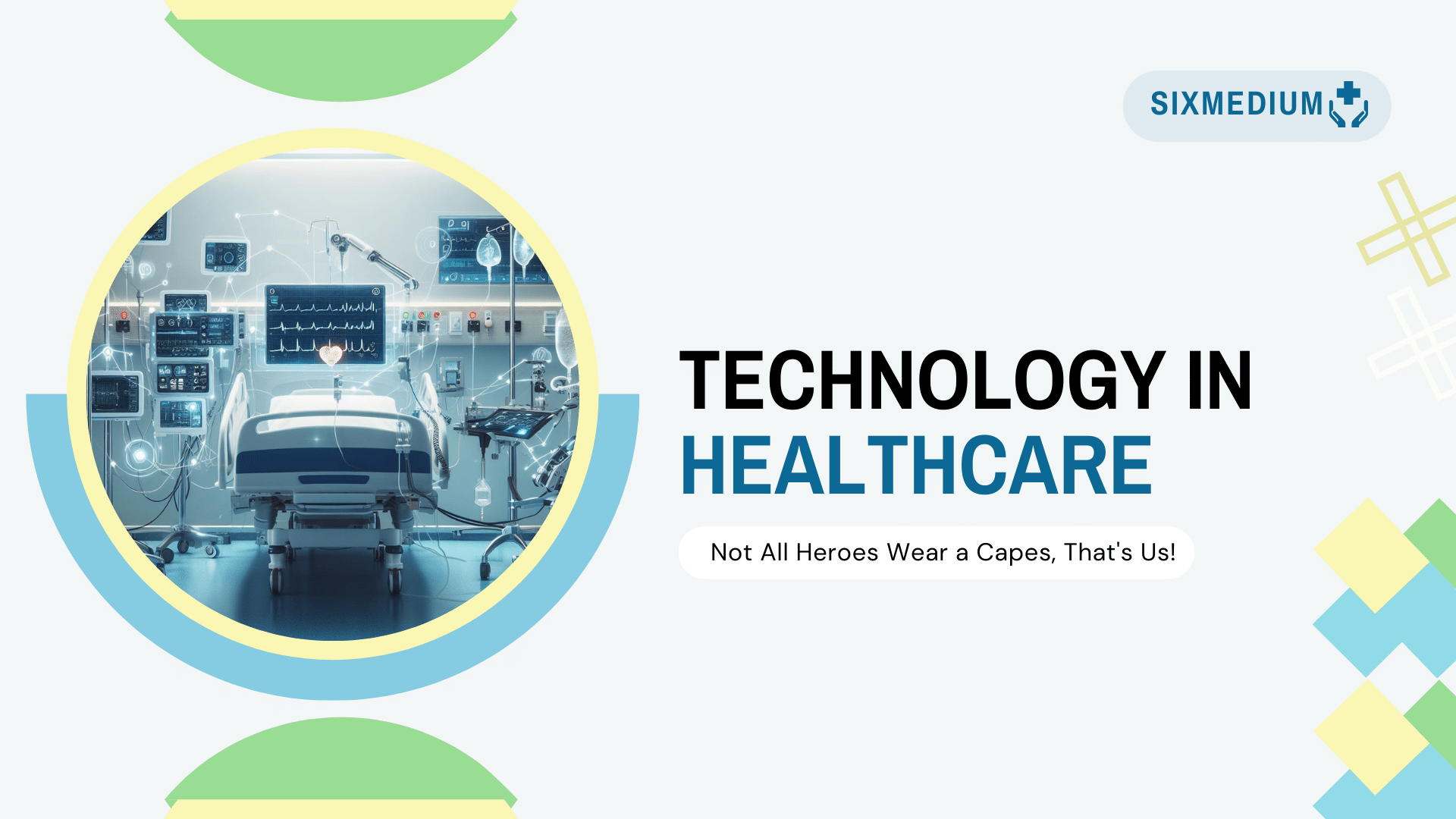In the realm of healthcare, technology stands as a game-changer, revolutionizing how we care for ourselves and each other. Let’s delve deeper into the pivotal role technology plays in reshaping the entire landscape of healthcare.
Diagnostic Marvels:
Imagine tools that act as superheroes, allowing doctors to peer inside the body like never before. Magnetic Resonance Imaging (MRI), Computed Tomography (CT) scans, and genetic testing are these superheroes. They reveal intricate details about what’s happening inside, helping doctors spot illnesses accurately and plan treatments that fit each person uniquely.
Bringing Care Closer:
Technology has this incredible power to shrink distances. Telemedicine is like a magic window, connecting patients and doctors through video calls. Wearable gadgets, like smartwatches, keep tabs on our health, constantly sending updates to doctors. This means even if someone lives far away or can’t move easily, they can still get medical help and advice.
Digital Magic with Health Records:
Think of Electronic Health Records (EHRs) as digital diaries for our health. They hold all our medical information, making it easy for doctors to share and understand our health story. Plus, these records are like secret keys that patients can use to access their health history, making them active players in their own healthcare journey.
Healing with High-Tech Tools:
Technology has turned treatments into something out of a sci-fi movie. Robots help surgeons perform surgeries with pinpoint accuracy, making surgeries safer and recover faster. 3D printers create custom-made implants and prosthetics, giving people a chance at a better life.
Personalized Care:
Imagine a world where treatments fit like a glove, tailored precisely for each person. This is the promise of technology in healthcare. Genetic testing allows doctors to understand our unique genetic makeup, helping them create treatments that suit us perfectly. It’s like having a healthcare plan designed just for you.
Remote Healthcare Heroes:
Technology isn’t just about fancy gadgets; it’s about bringing care to our doorsteps. Telemedicine connects us to doctors no matter where we are. Even in remote areas, people can get advice, consultations, and even follow-up care through video calls or messages. It’s like having a doctor in your pocket!
Supercharged Data for Better Health:
Have you ever seen a map with lots of hidden treasures marked on it? That’s what data does in healthcare. With Electronic Health Records (EHRs), doctors have all our health information at their fingertips. This helps them make better decisions about our health and keep track of our progress easily.
Future-Ready Treatments:
Technology is turning healthcare into something you’d see in a futuristic movie. Robots assist surgeons during operations, making surgeries more precise and less invasive. Additionally, 3D printers create things like bone implants or prosthetics, giving people a chance at a better and more comfortable life.
Smart Health Assistants:
Imagine having a health assistant who knows you inside out. That’s what Artificial Intelligence (AI) does. It learns about us from all our health data and suggests ways to keep us healthier. It’s like having a knowledgeable friend guiding us toward better choices.
Brains Behind the Scenes:
Ever heard of computers that think and learn like humans? That’s Artificial Intelligence (AI). In healthcare, AI helps doctors by looking at tons of data and finding hidden clues about our health. It suggests personalized treatments based on our unique bodies, making care more effective.
But like any hero, technology has challenges to overcome. Keeping our information safe, making sure everyone can access these amazing tools, and making ethical choices are crucial.
In a nutshell, technology in healthcare is like a magical wand, transforming how we stay healthy and get better when we’re not. Embracing these marvels while tackling challenges means a healthier and happier future for everyone, where healthcare is not just about treating, but about caring deeply and personally for each individual.



